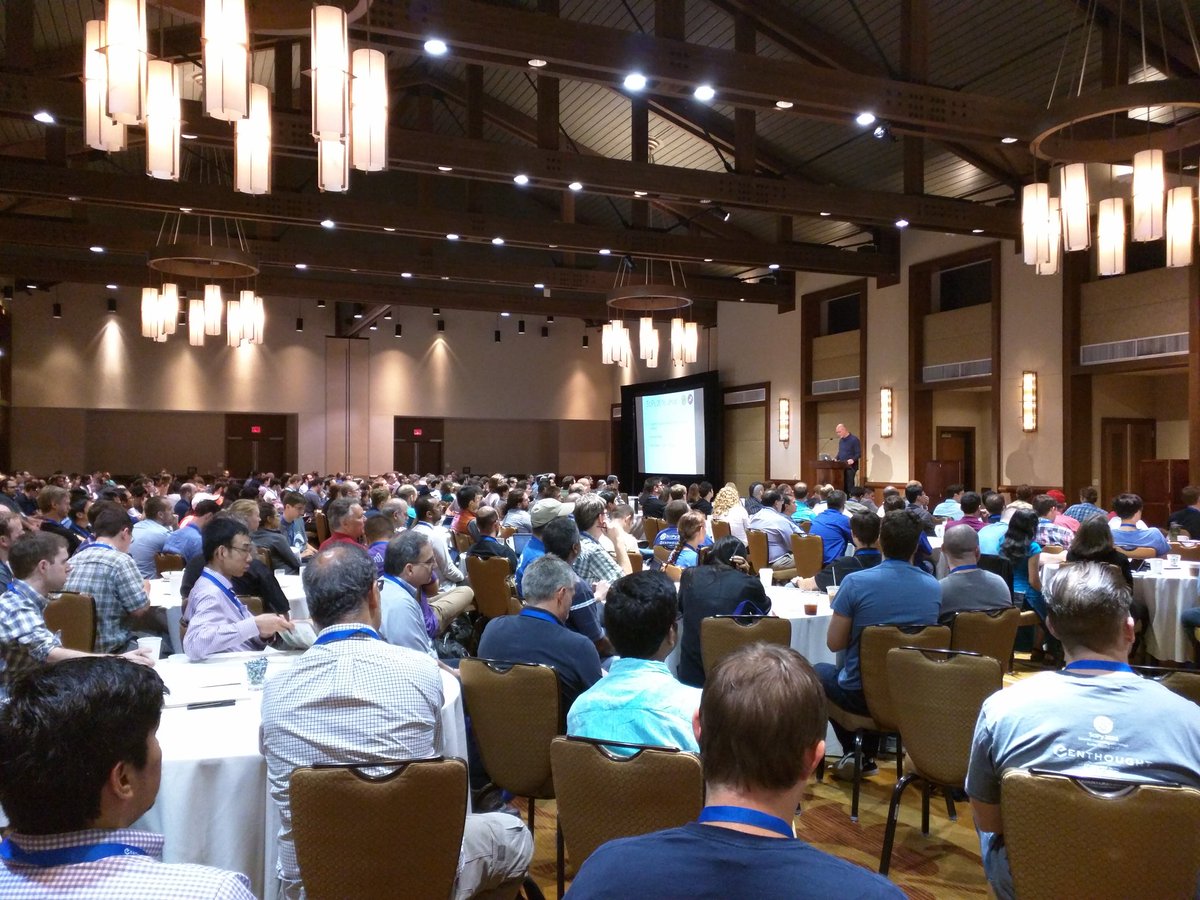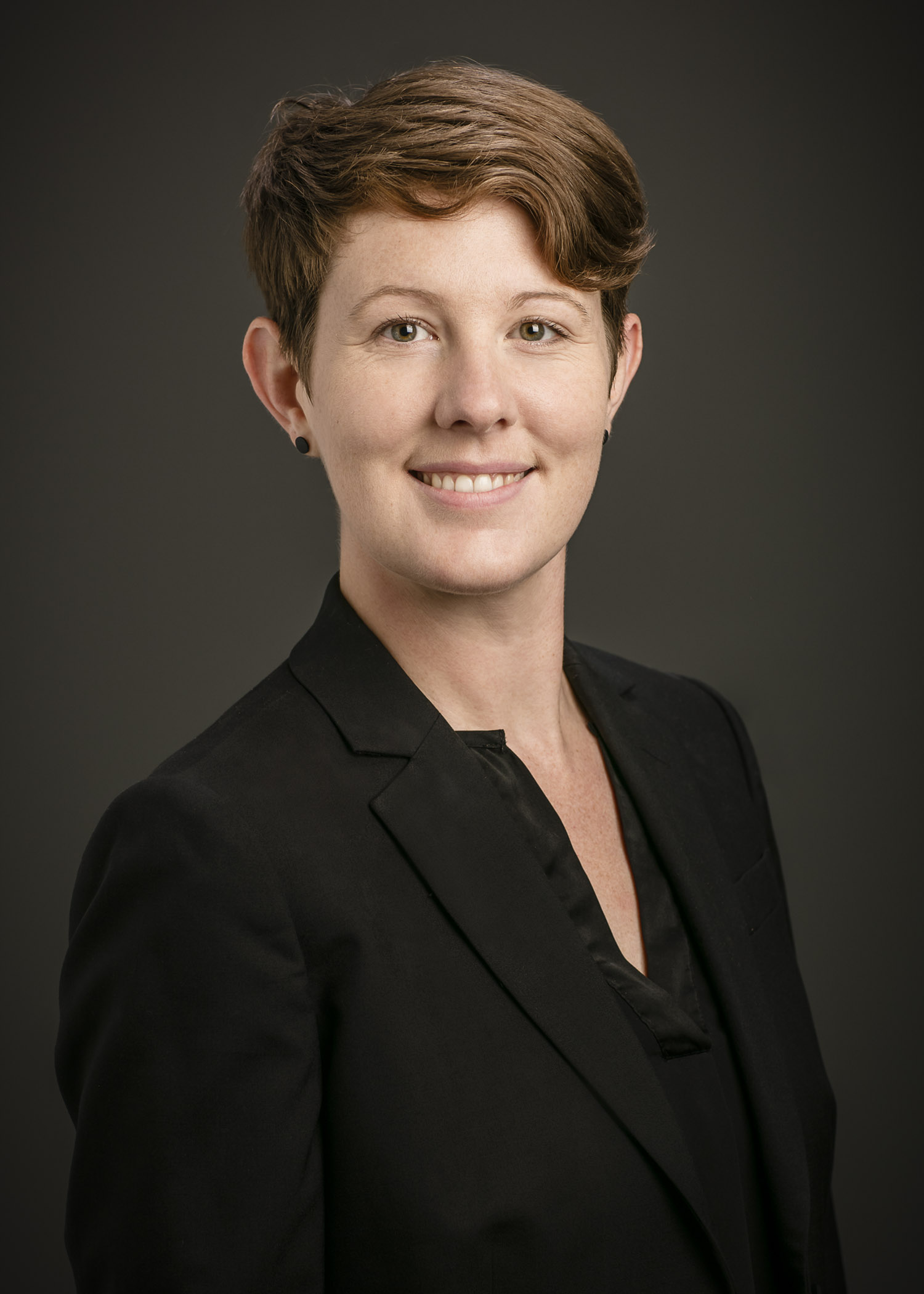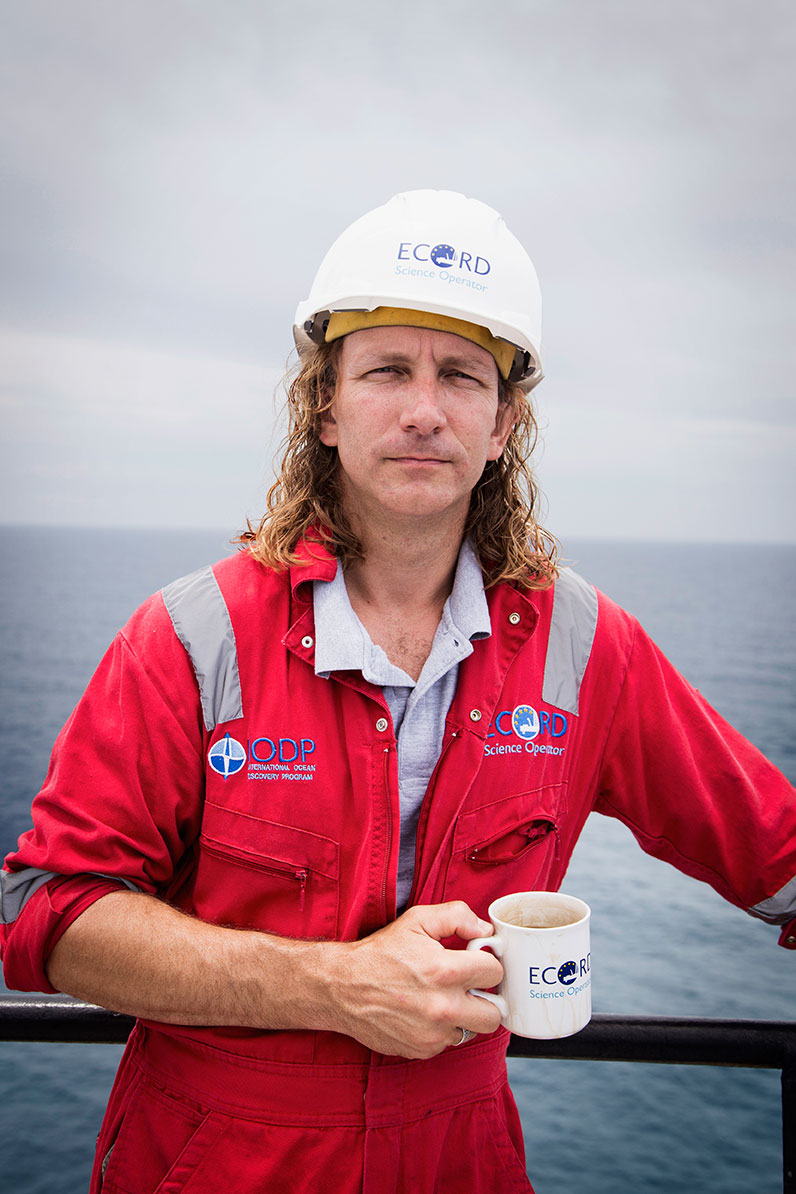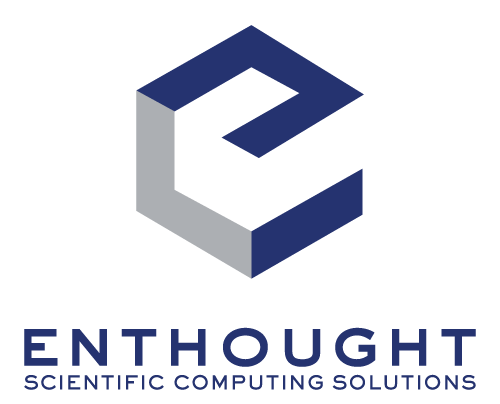
Welcome to SciPy 2017!
SciPy 2017, the 16th annual Scientific Computing with Python conference, will be held July 10-16, 2017 in Austin, Texas. The annual SciPy Conference brings together over 700 participants from industry, academia, and government to showcase their latest projects, learn from skilled users and developers, and collaborate on code development. The full program will consist of 2 days of tutorials (July 10-11), 3 days of talks (July 12-14), and 2 days of developer sprints (July 15-16).
We are thrilled to announce our Keynote Speakers!
 |
Dr. Kathryn D. Huff is currently an Assistant Professor in the Department of Nuclear, Plasma, and Radiological Engineering at the University of Illinois at Urbana-Champaign where she leads the Advanced Reactors and Fuel Cycles Research Group (arfc.npre.illinois.edu). She holds an affiliate faculty position with the National Center for Supercomputing Applications and is one of the University of Illinois' most recent Blue Waters Professors. She was previously a Postdoctoral Fellow with both the Nuclear Science and Security Consortium and the Berkeley Institute for Data Science at the University of California - Berkeley. She received her PhD in Nuclear Engineering from the University of Wisconsin-Madison in August 2013 and her undergraduate degree in Physics from the University of Chicago. Her current research focuses on modeling and simulation of advanced nuclear reactors and fuel cycles. She is currently the elected chair of the Fuel Cycle and Waste Management Division of the American Nuclear Society. Through leadership within the Hacker Within, Software Carpentry, SciPy, the Journal of Open Source Software, and other initiatives she strives to advocate for best practices in open, reproducible scientific computing.
|
 |
Sean Gulick is interested in tectonic-climate interactions, the role of catastrophism in the geologic record and marine geophysical imaging at nested resolutions. His current projects include tectonic and climate interactions in the St. Elias Mountains and Surveyor submarine fan, geohazards and margin evolution of subduction and transform faulting in Alaska, Sumatra, and Japan, and the geologic processes and environmental effects of the Cretaceous-Paleogene Chicxulub meteor impact. |
 |
Gaël Varoquaux is an INRIA faculty researcher working on data science for brain imaging in the Neurospin brain research institute (Paris, France). His research focuses on modeling and mining brain activity in relation to cognition. Years before the NSA, he was hoping to make bleeding-edge data processing available across new fields, and he has been working on a mastermind plan building easy-to-use open-source software in Python. He is a core developer of scikit-learn, joblib, Mayavi and nilearn, a nominated member of the PSF, and often teaches scientific computing with Python using the scipy lecture notes. |

























